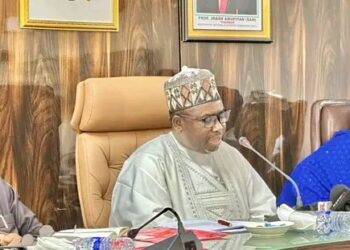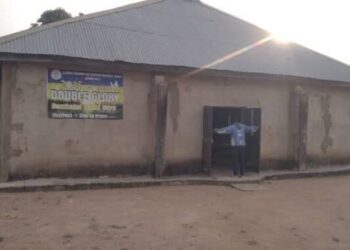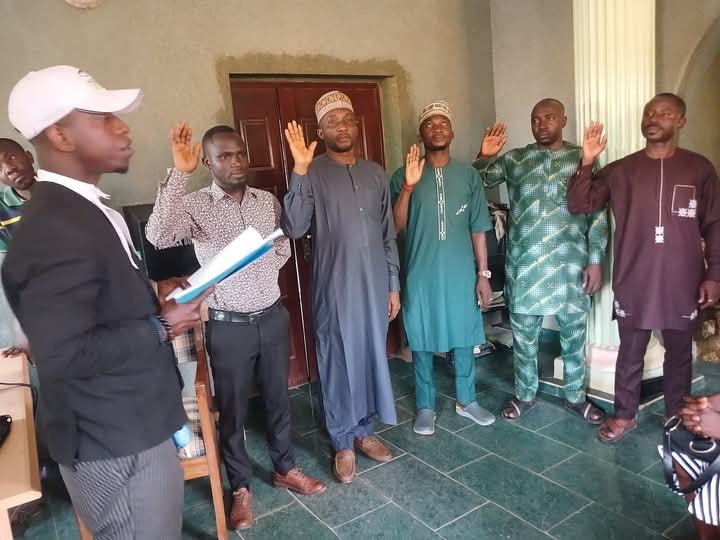By Israel Bulus, Kaduna
In a remarkable act of generosity and community solidarity, the Member Representing Kachia/Kagarko Federal Constituency, Hon. Gabriel Saleh Zock, has donated N50 million to both Muslim and Christian faithful in his constituency as part of Ramadan support efforts.
The donation was announced on Tuesday during an Iftar gathering at the official residence of the Kaduna State Commissioner for Agriculture, Hon. Murtala Dabo. The event brought together prominent figures from Kachia and its surrounding areas, highlighting the lawmaker’s commitment to religious harmony and communal welfare.
Hon. Zock emphasized that the donation was meant to benefit residents across the 22 wards of the Kachia/Kagarko Federal Constituency, ensuring that both Muslim and Christian faithful receive support. His approach reflects an effort to promote religious coexistence, particularly in a region where unity among diverse groups is essential for social and economic progress.
” The month of Ramadan is a period of fasting, prayer, and charity for Muslims worldwide. In Nigeria, leaders often extend goodwill gestures to support their constituents, especially those facing economic hardship. By including Christians in the donation, Hon. Zock reinforced the message of tolerance, unity, and shared community well-being, acknowledging the economic challenges faced by all groups regardless of religious affiliation.
The move has political significance, as it strengthens Hon. Zock’s connection with his constituents ahead of future political engagements. However, beyond politics, such an initiative builds goodwill and reinforces the role of elected officials in serving the people beyond legislative duties.
Community leaders and residents commended the lawmaker for his inclusive leadership and support during this crucial period. Many beneficiaries have expressed appreciation, noting that the financial assistance will help them meet their needs during the fasting period.
“Hon. Gabriel Saleh Zock’s intervention serves as a model for political leaders, demonstrating how charity, religious harmony, and effective representation can coexist in governance.” The beneficiaries stated.










